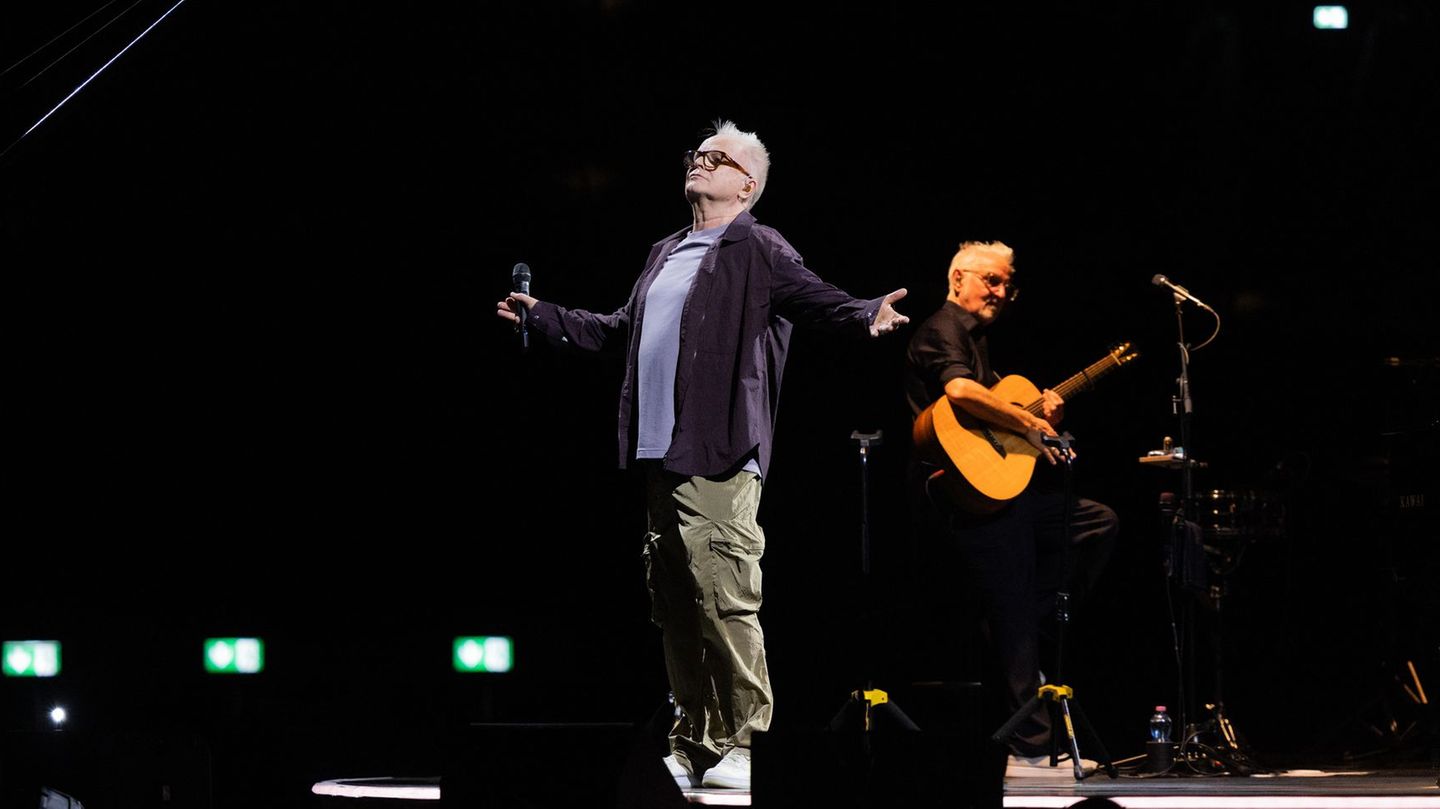A new Bundestag will be elected in Germany at the end of September. A Forsa survey sees the SPD on the rise.
The SPD is catching up in the favor of voters, is now also pulling past the Greens at the polling institute Forsa and is moving closer to the Union.
The Social Democrats around Chancellor candidate Olaf Scholz gain two percentage points in the RTL / ntv trend barometer compared to the previous week and are only two points behind the Union, which remains at 23 percent, at 21 percent. The last time they caught up with the CDU and CSU was in March 2017, when the nomination of the ultimately failed chancellor candidate Martin Schulz gave them a temporary boost.
The Greens lose one point and are now at 19 percent. The SPD had already overtaken the Greens in the Insa Institute’s survey two days ago, but was still well behind the Union.
The Forsa values of the other Bundestag parties did not change: FDP 12 percent, AfD 10 and Linke 6. The other smaller parties together still achieve 9 percent, but none of them comes close to the 3 percent mark. The number of non-voters and undecided is 26 percent and thus higher than the proportion of non-voters in the 2017 federal election (23.8).
According to the announcement, the CDU / CSU and SPD could claim the Chancellery, but not the Greens. The clearest majority would be a coalition of the Union, SPD and FDP. An alliance of the Union, the Greens and the FDP or of the SPD, the Greens and the FDP would also be possible. Only a narrow majority would currently have a red-red-green left alliance.
In the question of a purely theoretical direct election for Chancellor, SPD candidate Scholz can expand his lead. He has gained three percentage points compared to the previous week and is now with 29 percent far ahead of Union Chancellor candidate Armin Laschet (unchanged 12) and Green candidate Annalena Baerbock (15; minus 1). Scholz (27) is also ahead of Laschet (24) among the former Union voters.
A quarter of those eligible to vote who currently favor a party other than the Union stated that they would prefer to vote for the CDU or the CSU if the candidate for chancellor changes to CSU boss Markus Söder. If only half of their announcement would come true, the Union would come to 33 percent, said Forsa.
Election polls are generally always fraught with uncertainty. Among other things, declining party ties and increasingly short-term voting decisions make it more difficult for opinion research institutes to weight the data collected. In principle, surveys only reflect the opinion at the time of the survey and are not predictions of the outcome of the election.
David William is a talented author who has made a name for himself in the world of writing. He is a professional author who writes on a wide range of topics, from general interest to opinion news. David is currently working as a writer at 24 hours worlds where he brings his unique perspective and in-depth research to his articles, making them both informative and engaging.




